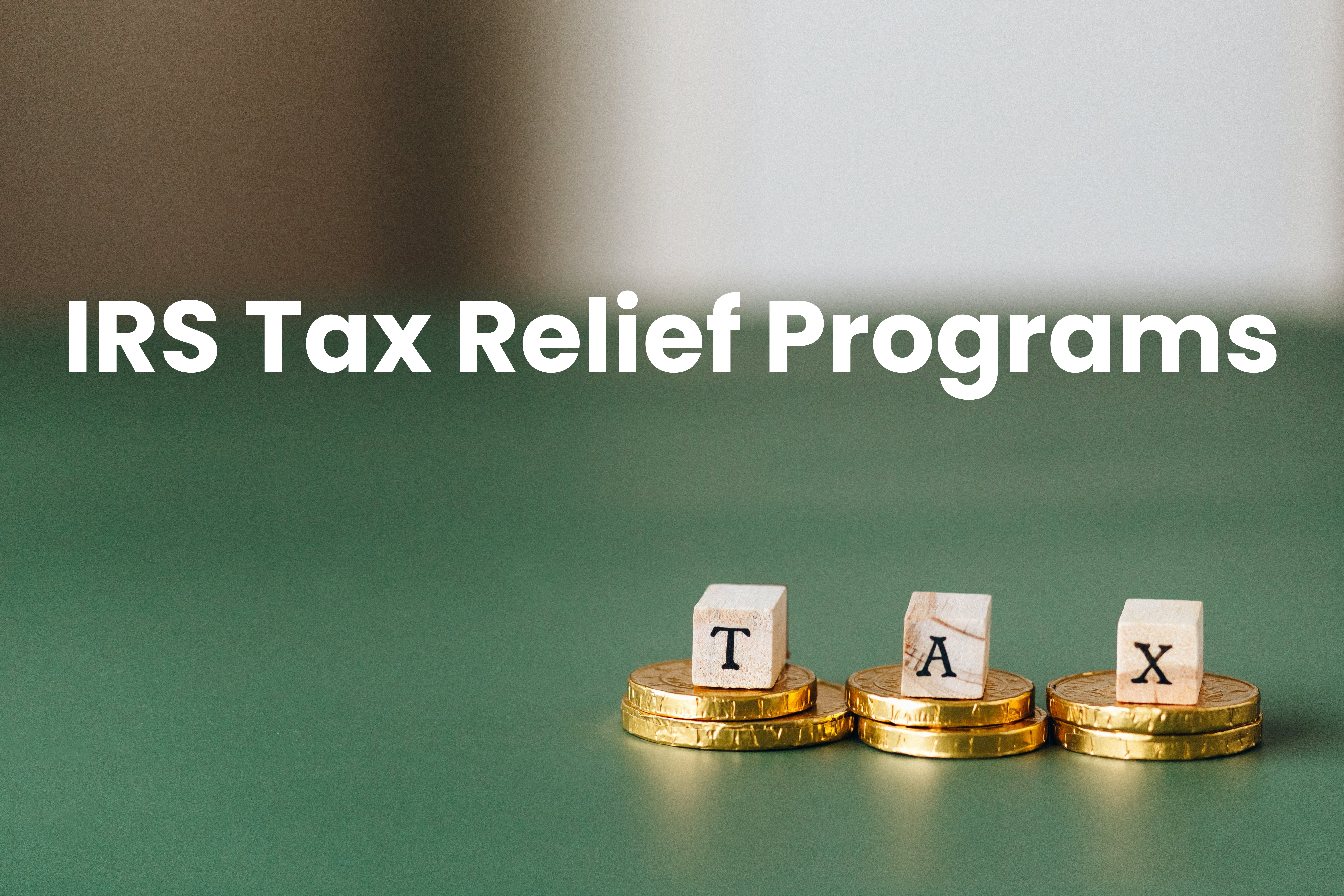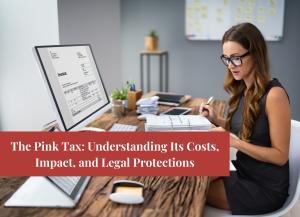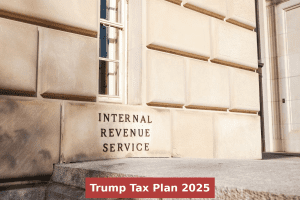Paying taxes is obligatory, but sometimes the circumstances don’t allow you to pay your taxes at once, and you need an alternative solution for this problem. The IRS provides several services and programs to assist taxpayers in managing their tax obligations. The IRS tax relief programs can help you to ease the burden of your taxes.
Below are some of the offerings.
The Partial Payment Installment Agreement (PPIA):
A Partial Payment Installment Agreement (PPIA) is a monthly payment plan offered by the IRS for individuals who owe taxes but cannot pay the full amount in one go. This agreement allows taxpayers to settle their tax debt by making smaller monthly payments over a specified period.
Who is Eligible:
You must owe at least $10,000 in back taxes.
Doesn’t have valuable assets to cover the debt.
One can’t be in an active OIC (Offer in Compromise)
When one can’t afford to pay the full tax debt.
Not in bankruptcy.
Currently Not Collectible (CNC):
The IRS can grant you “Currently Not Collectible” (CNC) status, allowing you to delay payments until your finances improve. If you qualify for CNC, it doesn’t prevent the IRS from filing a tax lien, but it temporarily stops tax collection. Improvements in your financial situation can lead to the removal of your CNC status. However, failing to file your tax returns may result in the IRS canceling your CNC status.
Who is Eligible:
Who cannot pay monthly Payments
The IRS requires current financial information, including income and expenses.
You must maintain a reasonable budget for essential living expenses.
Offer in Compromise (OIC):
Offer in compromise (OIC) is a way to settle your tax debt for less than the full amount you owe. It can be a good choice if you can’t pay your entire tax bill and it’s causing you financial trouble.
With an OIC, you work out an agreement with the tax department to pay a reduced amount. They consider factors like your ability to pay, your income, expenses, and the value of your assets.
Who is Eligible:
You’re not currently going through bankruptcy.
You’ve obtained a valid extension for this year’s taxes (if applying for the current year).
You filed all the tax papers and paid the estimated taxes you owe.
Aan employer who has made tax deposits for the last two quarters before applying.
Volunteer Income Tax Assistance Program (VITA):
The Volunteer Income Tax Assistance (VITA) program gives free tax support to those who earn around $60,000 or less per year. This help is available from January 30th to April 14th. The program is for individuals with disabilities, older adults, and those who speak limited English and need help with their tax returns. Certified volunteers authorized by the IRS provide free basic tax preparation and electronic filing to eligible people.
Eligibility Criteria:
Individuals with incomes typically not exceeding $60,000
Individuals with disabilities; and
Taxpayers who have limited proficiency in the English language.
Tax Counseling for the Elderly (TCE):
The TCE program provides free tax assistance to people aged 60 and above. The IRS partners with eligible organizations to support older taxpayers. The IRS provides funds to these organizations, which are then used to reimburse volunteers for their expenses. This includes things like transportation and meals when they help elderly individuals with their taxes. The IRS also makes agreements with private or non-governmental non-profit groups to train and assist volunteers who offer free tax guidance.
Eligibility Criteria
Individuals aged 60 or older.
Who needs assistance in tax filing
Above mentioned programs are just a few of the best options available for US citizens for giving them relaxation in taxes. However, there are other options for making your tax season less stressful by consulting with a professional tax like taxfully.




